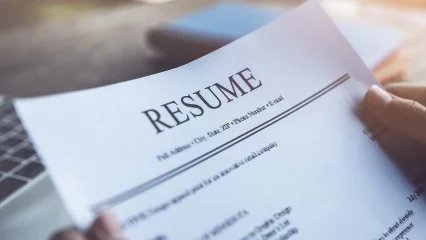Helpful for: MBA applicants
Read Time: 6 minutes
Quick Facts:
- MBA resumes are made to be unique to your business school application and differ from a resume you would send to secure a job position.
- Mentioning your hobbies and interests will help you break the ice with the admissions’ team.
- The more effort you make in revising your resume, the greater the likelihood that you will receive an interview offer. Stacy explains the role of a resume below:
Selected Quote:
A resume gives you one whole page (and, in some special cases — mainly if you’re in your 30s or have extensive military experience — two pages) to tell the adcom why you’d be an asset to their program. From this document, they should be able to clearly understand what sort of work stories you’d be talking about in class, or what sorts of “lessons learnt” you’ll be able to cite from either your professional or community-service experiences.
Useful Information:
- Avoid bullet points and simply listing achievements and try to style your resume as a narrative of your career development.
- Using jargon is unnecessary; make your resume clear and easy to understand.
- Remove any information which you have already included in your application.
- You have a limited amount of space, so use it to pinpoint specific actions which helped advance a project, and highlight any skills that you have sharpened.
Check Out: 6 Words You Should Never Put on Your Resume
Good luck in your academic journey, and make sure you register on PrepAdviser to stay updated about the latest information on preparing and applying to international MBA and Master’s programs!
Source: Stacy Blackman



